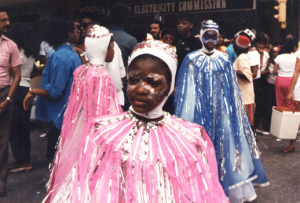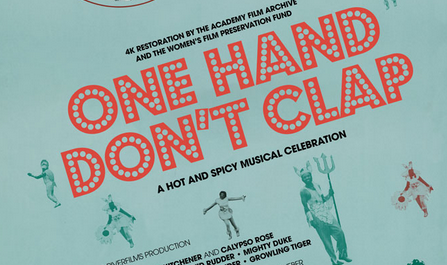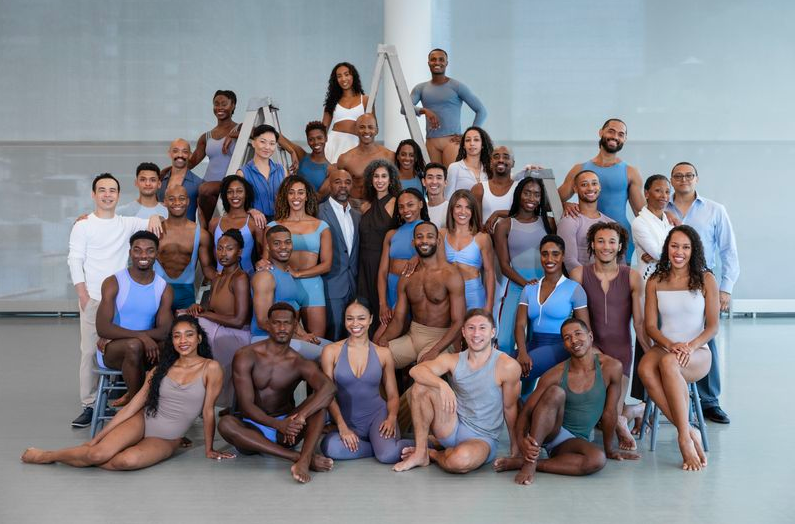Photos: Kino Lorber
Film distribution company Kino Lorber is proud to present a new 4K restoration of the film ‘One Hand Don’t Clap (1988) by Kavery Dutta Kaul, a vivid celebration of Calypso and Soca music and a pioneer film in the recognition bestowed upon this artform.

One Hand Don’t Clap will open in theaters in NYC on March 8th at the Brooklyn Academy of Music.
Opens on April 8th in Los Angeles for special screenings at Laemmle Theaters, including Claremont, Glendale, Monica Film Center, and Town Center 5.
One Hand Don’t Clap captures the vibrant story of calypso and the emergence of soca (the “Soul of Calypso”) through the eyes of two legendary artists: Lord Kitchener, the Grandmaster of the genre, and Calypso Rose, the first woman to break through in a traditionally male arena.

Forging onscreen connections between Afro-Caribbean communities and their U.S. diaspora, the documentary leads audiences from New York recording studies to the awesome magic of Carnival in Trinidad & Tobago. It features artists from across the 20th century whose songs reflect regional and global themes that continue to resonate today.
The many generations in ‘One Hand Don’t Clap’ trace the evolution of a musical style whose infectious rhythms and exhilarating irreverence have found their way to ever-broadening audiences worldwide.
‘One Hand Don’t Clap’ was digitally restored from the original 16mm A/B roll negatives and 35mm magnetic audio tracks by the Academy Film Archive and the Women’s Film Preservation Fund with support from the Leon Levy Foundation.

Reviews:
“Showstopping!” – Vincent Canby, The New York Times
“Kavery Dutta Kaul’s vivid and engaging documentary moves and shakes with inimitable music.” – Luis Francia, The Village Voice
“Seductively rhythmic and poetic…not just a documentary about music and musicians, but an examination of cultures co-existing as if in parallel universes.” – John Anderson, New York Newsday
“The foot-stomping One Hand Don’t Clap deserves a round of applause.”– Jeff Menell, The Hollywood Reporter
“It is seen as the joyous, rum-soaked music of the carnival, but it is so much more than that” – Amelia Gentleman, The Guardian






